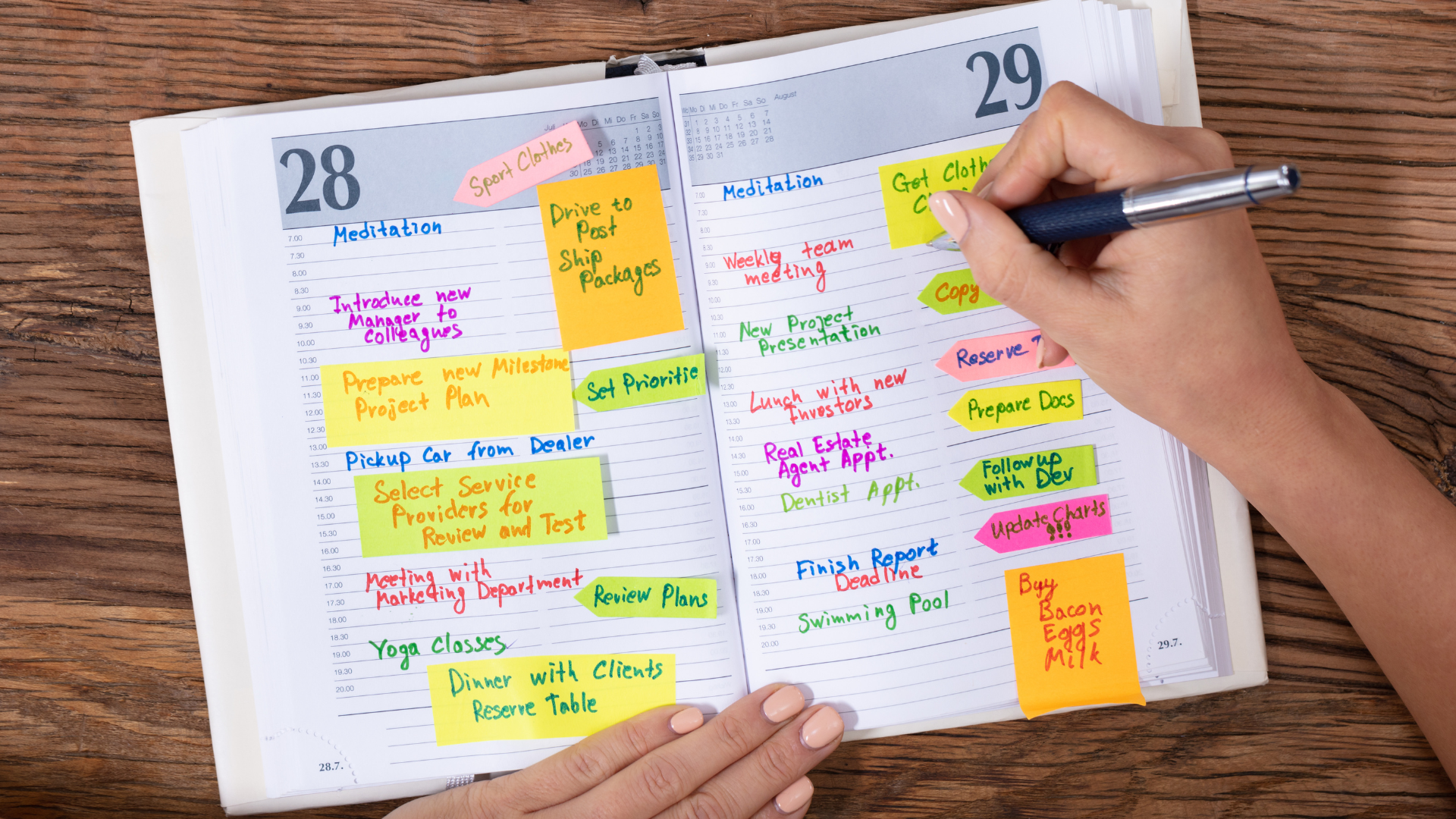5 Essential Tips for Studying for the CNA State Board Exam
Becoming a Certified Nursing Assistant (CNA) is a rewarding career choice, but passing the state board exam is an important step in the certification process. To help you succeed, here are five key tips to effectively study and prepare for the CNA state board exam:
1. Create a Study Schedule
Effective preparation begins with a well-structured study schedule. Break down your study sessions into manageable chunks, focusing on different topics each day. Allocate specific times for reviewing theory and practicing skills. This prevents cramming and helps you retain information more efficiently. Stick to your schedule to build consistency and avoid last-minute stress.
2. Use CNA Study Guides and Practice Exams
There are many CNA study guides and online resources that can help you understand the format and content of the exam. Practice exams are particularly helpful as they give you a sense of the types of questions you'll face and allow you to assess your knowledge. Focus on both the written exam and practical skills, and make use of CNA flashcards for quick reviews of medical terms and procedures.
3. Master the Skills Portion
The skills section of the CNA exam is just as important as the written part, if not more. Practice the core skills such as hand hygiene, taking vital signs, patient transfers, and personal care. Use checklists from your training program to ensure you’re meeting all the necessary steps. Practicing with a friend or in front of a mirror can help you fine-tune your technique and boost your confidence.
4. Focus on Key Topics
While the CNA exam covers a broad range of subjects, some topics are more commonly tested. Prioritize areas such as:
- Patient rights and confidentiality (HIPAA regulations)
- Infection control procedures (especially hand hygiene)
- Safety and emergency procedures
- Basic anatomy and physiology
- Communication skills with patients and healthcare teams Review these critical areas regularly to solidify your understanding and ensure you're well-prepared.
5. Stay Calm and Confident
Test anxiety can hinder your performance, so managing stress is crucial. Stay calm by practicing relaxation techniques such as deep breathing or visualization before and during the exam. Remember that you’ve trained for this moment and trust your preparation. On the day of the exam, arrive early, get a good night's sleep beforehand, and focus on doing your best without putting too much pressure on yourself.
Passing the CNA state board exam requires focused preparation, a solid study plan, and consistent practice. By following these five tips—creating a study schedule, using study guides, mastering skills, prioritizing key topics, and managing stress—you’ll be well-equipped to pass the exam and take the next step in your CNA career. Good luck!





